
How To Determine Which Skin Type You Have
Individuality keeps communities diverse, rich, and beautiful in many ways. Your skin has its own expression of individuality, differing from other skin types with its unique features. Your skin adds to who you are, from beauty marks to coloration.
Everybody’s skin has similarities and differences, diversifying people’s looks and beauty routines. Your skin type affects your unique face and body features—via coloration, breakouts, and textures. Learn how to determine which skin type you have to better cater to your skin’s specific needs and enhance your one-of-a-kind beauty.
Why Does Your Skin Type Matter?
Your skin type determines its quality and features and affects the kind of care it requires to keep it healthy. Each skin type reacts to treatments and its environment in different ways.
If you aren’t aware of your skin type, your skincare products can become your nemesis instead of a helping hand. Not knowing your skin type can cause lots of future skin concerns. Using the wrong ingredients and treatments for your skin type can enhance and add to existing issues, from uneven texture to breakouts. Some ingredients can soothe certain skin types and irritate others. Familiarizing yourself with your skin allows you to curate a quality skincare routine and provide the best care for yourself.
What Are the Most Common Skin Types?
Skin comes in many variations and sometimes changes when exposed to certain environments. On the most basic level, your skin falls into one of the four most common categories, which include:
1. Dry Skin
Dry skin lacks sustainable production of natural oils and fails to effectively retain moisture. Those with dry skin commonly experience flakiness, peeling, and dullness. Dehydrated skin also feels itchy. Although it’s not synonymous with the skin type, dry skin is more prone to a build-up of dead cells on its surface. An accumulation of dead skin cells can clog your pores, leave you with patchy textures, and impair your skin’s absorption of minerals.
Skincare Tip: Exfoliation helps remove dead skin build-up, leaving you with a clean and smooth surface that allows your serums and moisturizer to sink in. We recommend the Facial Glow AHA Radiance Polish from Elemental Herbology for a gentle exfoliant. AHA is also a great active ingredient for combatting dry skin, as its molecules love water, increasing your skin’s hydration retention.
2. Oily Skin
On the other end of the skin spectrum is oily skin. Unlike dry skin, oily skin types have no problem producing natural oils—in fact, they generate an excessive amount. Oily skin is shiny and highly prone to breakouts as the excess oil can combine with impurities on the skin and clog pores.
Oily skin typically arises because your sebaceous glands are overactive. In most cases, an uneven pH balance is the root of the problem, as a high pH stimulates your glands. However, the causes of oily skin can vary in many ways. Using products that balance your pH levels, like Elemental Herbology’s Antioxidant Hydration Mist, can reduce excessive oil production, taming your oily skin type. Plus, the hydration mist doubles as an effective way to remove excess oil on your skin’s surface.
3. Combination Skin
Combination skin generates uneven textures, giving you qualities from both dry and oily skin. The main contribution to combination skin involves high sebaceous gland activity in some areas and low activity in others, giving you a mix of shiny and dull skin textures. Although you are dealing with two different skin types, taking care of combination skin isn’t as challenging as it seems, as many skincare products consist of active ingredients that cater to both.
4. Sensitive Skin
Sensitive skin is very reactive to specific ingredients. Certain formulas, environmental conditions, and textiles can irritate sensitive skin, causing an increase in breakouts, rashes, and redness. Due to its finicky nature, it is important to take extra caution when caring for sensitive skin. Sensitive skin also closely relates to some underlying skin conditions like eczema, rosacea, and psoriasis.
On top of the basic four skin type categorizations, your skin can fall into subtypes, such as:
- Mature – Excessive fine lines, dark spots, and loss of elasticity
- Dull – Lots of dead skin cells and low skin cell turnover
- Hyperpigmented – Uneven and patchy skin tones
- Scarred – Lots of acne scarring and dark spots
What Affects Your Skin Type?
Many factors play into your skin type. Some of the most common influences include:
- Genetics
- Hormones
- Environmental conditions
- Underlying skin conditions
- Sebaceous gland function
- Improper skincare routines
- Lifestyle (e.g., stress, diet, and exercise)
- pH levels
- Aging
Most of the time, your skin type is the product of a mixture of these influences, making it hard to pinpoint the best treatments. The best solution for maintaining healthy skin and treating any skin type is curating a nourishing and healthy skincare regimen that targets a little bit of everything and consists of preventative measures.
If your skin has increased in sensitivity as you’ve grown older, using a protective and nourishing serum will feed your skin the nutrients it needs and offer preventative and treatment qualities. At Beauty Prophet, we recommend the Cell Active Matrix Serum from Elemental Herbology. The serum offers collagen replenishment, blood flow stimulation, and multi-vitamins that combat free radicals, protecting your skin from various external factors while boosting your internal systems.
What Are Common Signs To Look For?
Each skin type generates certain identifiable factors. Observe and track your skin symptoms to discern your type, or reach out to a professional. Explore some of these common factors of each skin type to do an at-home self-test.
Identifying Dry Skin
Dry skin appears flaky and dull. People with dry skin types often say their skin feels tight and rough on the surface.
Signs of Oily Skin
Shine is the biggest giveaway of oily skin. The excess oil sits on top of your skin and generates a sheen on its surface. Compared to combination skin, oily skin looks shiny all over rather than just in certain spots. Oily skin types also cause large, visible pores and lots of breakouts.
Features of Combination Skin
If your skin is oily in some places and dry in others, then you have combination skin. In most cases, the oily parts of your skin typically occur along your T-zone—places with more active sebaceous glands—like your forehead, nose, and chin. The dry patches usually occur on your cheeks and under your eyes.
Qualities of Sensitive Skin
Sensitive skin is a little harder to visually identify as it is a more reactive skin type. Some things to keep in mind that signify sensitive skin include:
- Frequent redness and flushing
- Hives and small rashes
- Symptoms of underlying skin conditions
- Burning sensations and breakouts from products
Determine which skin type you have with this guide and build the perfect skincare routine by catering to its specific needs. Check out our selection of Elemental Herbology products for gentle, natural, and effective products suitable for all skin types. Our hand-picked selection includes skincare solutions that cater to all skin types and conditions, from cleansers to serums. We’ve got various Elemental Herbology skincare products that are perfect for your individualized routine, whether you have oily, dry, or sensitive skin.


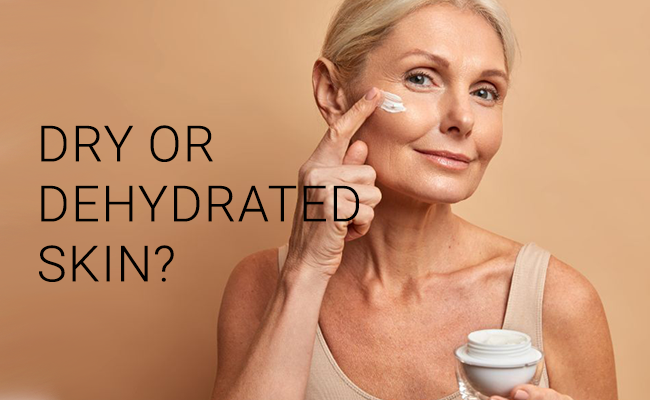
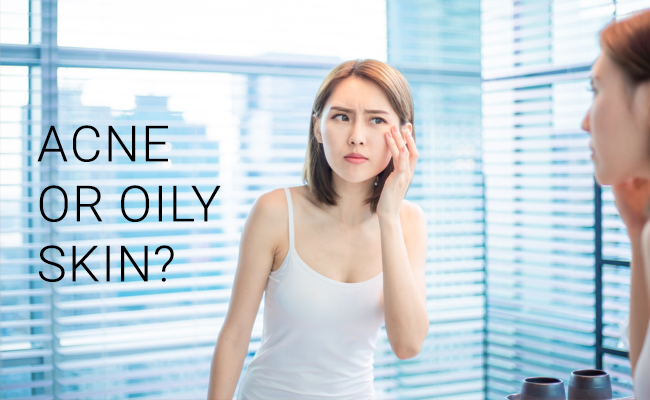
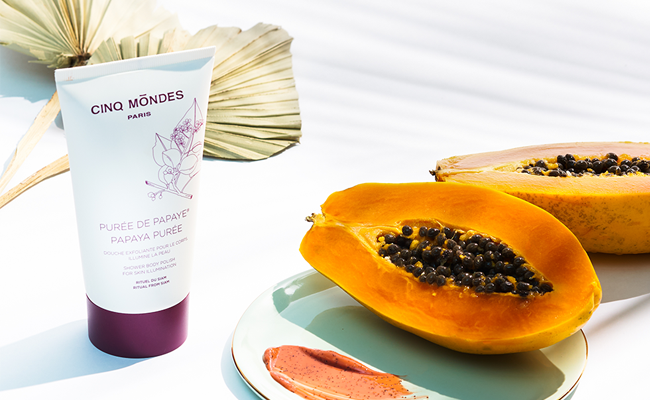
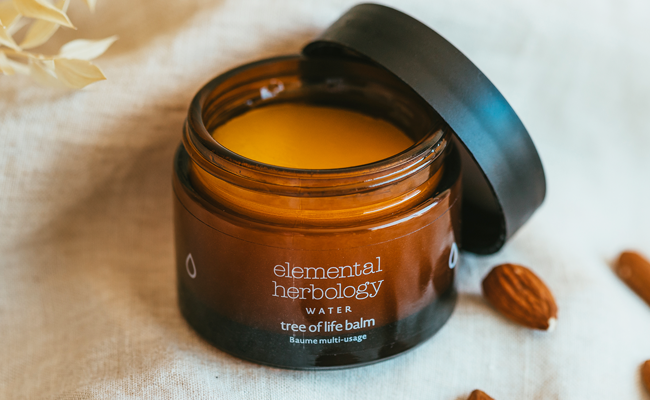
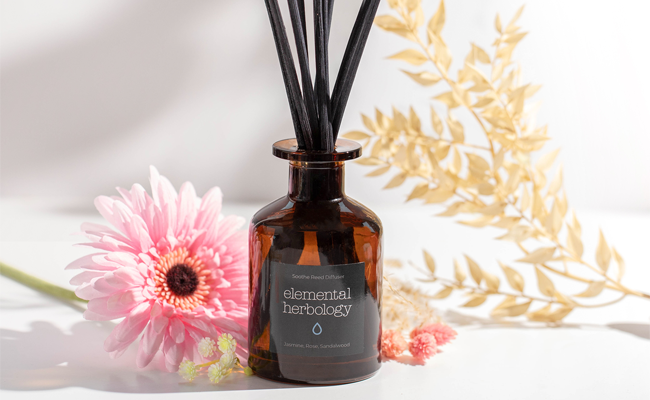

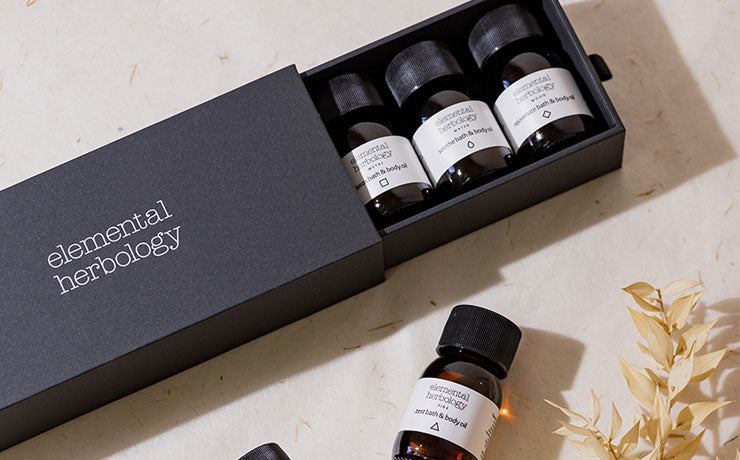

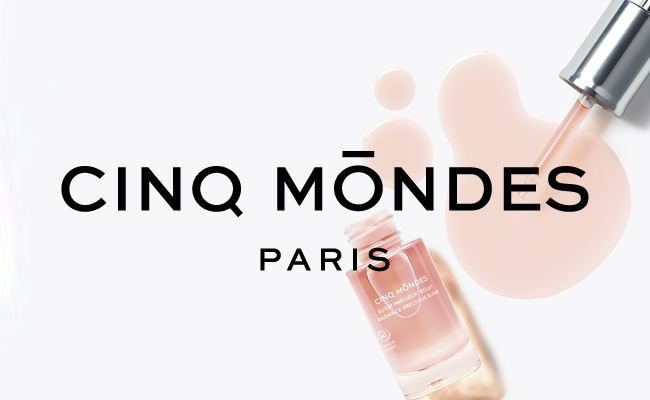
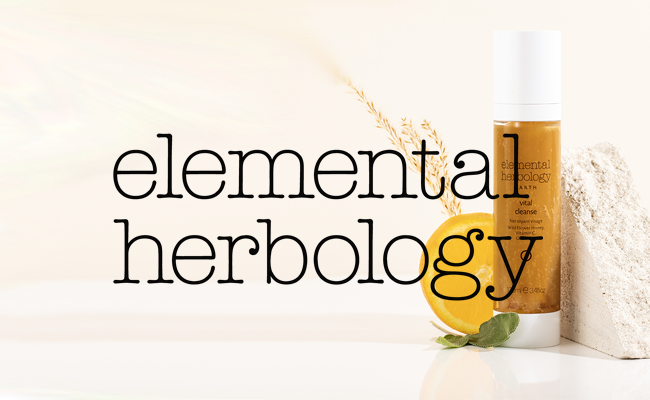



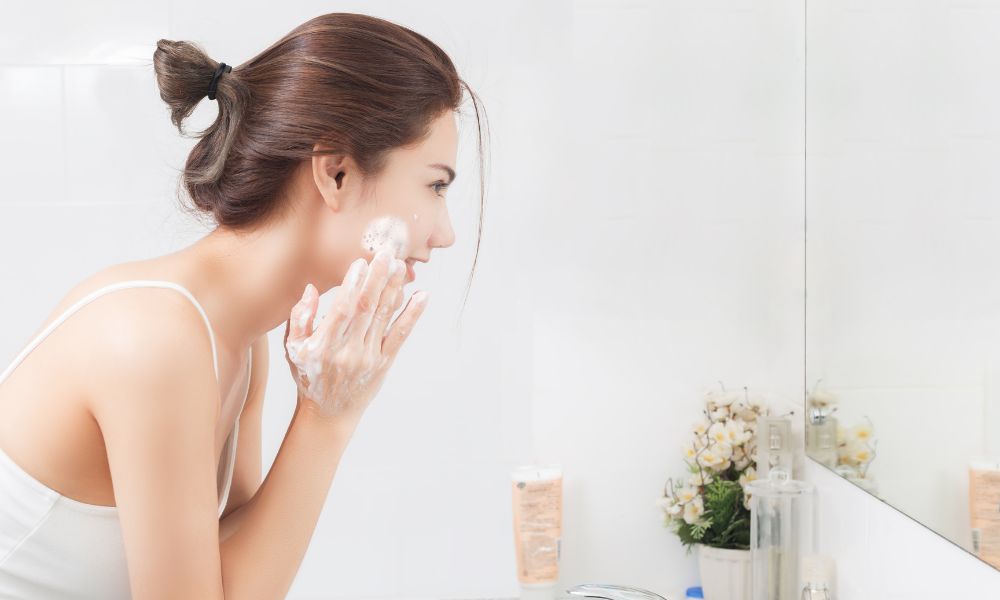

Leave a comment
This site is protected by hCaptcha and the hCaptcha Privacy Policy and Terms of Service apply.